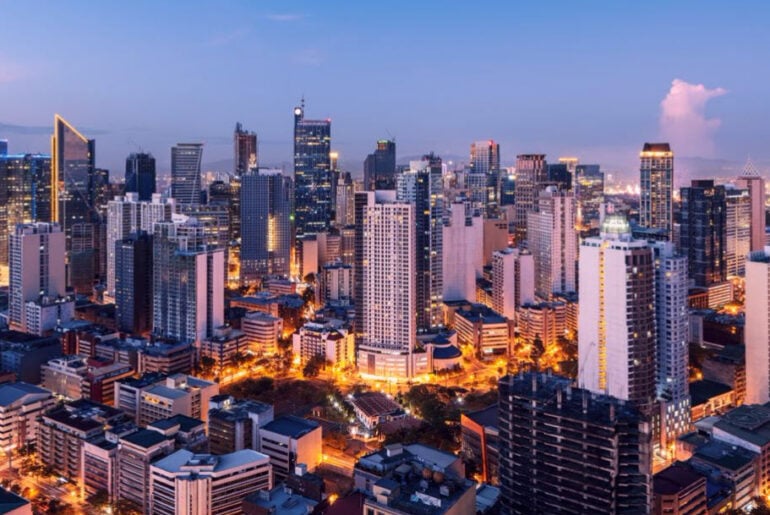On 11 March 2025, the Insurance Commission (IC) and the National Privacy Commission (NPC) issued Joint Advisory No. 2025-001 (“Joint Advisory”), or Considerations on the Use of Privacy Enhancing Technologies (PETs) in the Insurance Industry.
The Joint Advisory values the adoption of PETs in the insurance industry, which may supplement existing privacy-preserving practices to mitigate data privacy risks and ensure protection of personal data processed by personal information controllers (PICs) and personal information processors (PIPs).
On 21 January 2025, the Department of Labor and Employment issued Department Order No. 248, series of 2025 or the “New Rules and Regulations on the Employment of Foreign Nationals in the Philippines” (“New Rules”), which provides for the rules regulating the employment of foreign nationals in the Philippines.
The New Rules shall take effect fifteen (15) days after its publication in the Official Gazette or newspaper of general circulation. As of the date of this writing, the New Rules has not been published in the Official Gazette or any newspaper of general circulation.
On 19 July 2024, pursuant to the National Payment Systems Act, the Bangko Sentral ng Pilipinas (BSP; Philippine Central Bank) issued Circular No. 1198, Series of 2024 on the Regulatory Framework for Merchant Payment Acceptance Activities (MPAA). The regulatory framework aims to establish standards and best practices to safeguard customer funds and protect merchants’ rights when dealing with operators of payment systems (OPS) engaged in MPAA.
BSP Circular No. 1198 took effect on 8 August 2024, 15 days after the circular’s publication in a newspaper of general circulation.
Various agencies led by the Department of Trade and Industry (DTI) have signed Joint Administrative Order No. 24-03, Series of 2024 containing the Implementing Rules and Regulations (IRR) of Republic Act No. 11967, or The Internet Transactions Act of 2023 (ITA).
The ITA is intended to regulate e-commerce, protect consumer rights and data privacy, and uphold intellectual property rights.
The IRR clarifies the scope and coverage of the ITA, the enforcement powers of the DTI vis-à-vis other agencies, and the applicable procedure for imposition of fines.
Various agencies led by the Department of Trade and Industry (DTI) have signed Joint Administrative Order No. 24-03, Series of 2024 containing the Implementing Rules and Regulations (IRR) of Republic Act No. 11967, or The Internet Transactions Act of 2023 (ITA).
The ITA is intended to regulate e-commerce, protect consumer rights and data privacy, and uphold intellectual property rights.
The IRR clarifies the scope and coverage of the ITA, the enforcement powers of the DTI vis-à-vis other agencies, and the applicable procedure for imposition of fines.
The Guide to Philippine Employment Laws for the Private Sectors is intended to provide employers and human resources professionals with a comprehensive overview of the key aspects of Philippine labor law. It covers the entire life cycle of the employment relationship from hiring through to termination, with information on working terms and conditions, family rights, personnel policies, workplace safety and discrimination. The guide links to our global handbooks, which include information for the Philippines on immigration and data privacy. The guide also contains information on the employment implications of share and asset sales.
Various agencies led by the Department of Trade and Industry (DTI) have signed Joint Administrative Order No. 24-03, Series of 2024 containing the Implementing Rules and Regulations (IRR) of Republic Act No. 11967, or The Internet Transactions Act of 2023 (ITA).
To recall, the ITA is intended to regulate e-commerce, protect consumer rights and data privacy, and uphold intellectual property rights.
The IRR clarifies the scope and coverage of the ITA, the enforcement powers of the DTI vis-à-vis other agencies, and the applicable procedure for imposition of fines.
The Primer on Fintech in the Philippines covers legal and regulatory issues and considerations related to the financial technology sector in the Philippines, including data privacy and cybersecurity considerations, anti-money laundering compliance, and the business challenges that the sector may face.
The National Privacy Commission (NPC) recently issued NPC Advisory No. 2024-02, which lays down guidelines on the processing of sensitive personal information for the protection of lawful rights and interests or the establishment, exercise or defense of legal claims, pursuant to Section 13(f) of the Data Privacy Act (DPA).
Entities who process sensitive personal information or privileged information must ensure that such processing is compliant with the guidelines provided in the Advisory. A legitimate interest assessment will be helpful in evaluating compliance with NPC Circular No. 2023-07.
On 19 July 2024, pursuant to the National Payment Systems Act, the Bangko Sentral ng Pilipinas (BSP; Philippine Central Bank) issued Circular No. 1198, Series of 2024 on the Regulatory Framework for Merchant Payment Acceptance Activities (MPAA). The regulatory framework aims to establish standards and best practices to safeguard customer funds and protect merchants’ rights when dealing with operators of payment systems (OPS) engaged in MPAA.
BSP Circular No. 1198 took effect on 8 August 2024, 15 days after the circular’s publication in a newspaper of general circulation.


